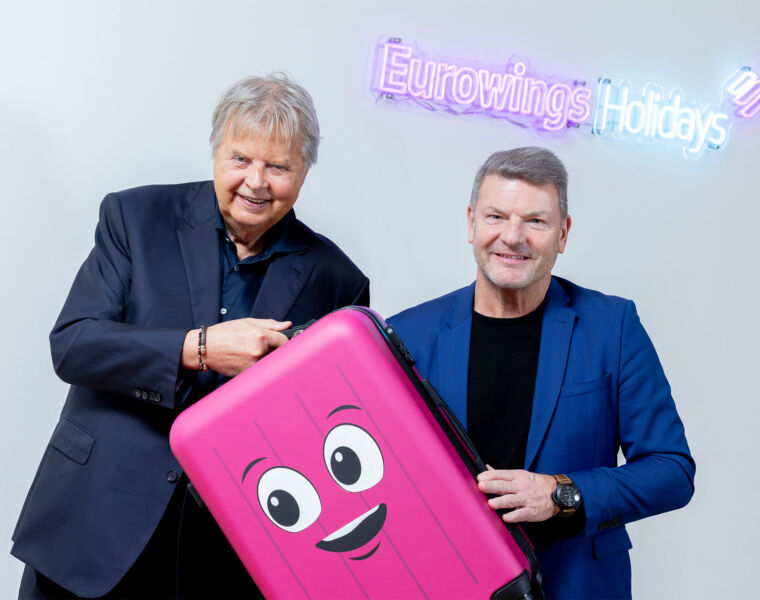
When it comes to searching on the internet, the first name that springs to mind is Google. However, could that change with the announcement of Microsoft’s $10 billion OpenAI Investment?
Microsoft is investing $10 billion into OpenAi to help Bing revolutionise search algorithms, and according to GlobalData, this could potentially take a considerable chunk out of Google’s market share. GlobalData that the investment could give Microsoft a first-mover advantage in search engines, with the artificial intelligence (AI) powered conversational capabilities potentially challenging Google’s current leadership in the market.
Shri Charan Padala, the Principal Analyst at GlobalData, says, “Integrating the Bing search engine with ChatGPT could dramatically improve user experience and help Microsoft gain significant market share against Google. The benefits of this integration would not be limited to Bing alone, but could also enhance Microsoft’s already diverse portfolio of products and services (such as Windows, 365, LinkedIn, Azure, Xbox, and Surface hardware).”
GlobalData notes that Google currently relies on its ad-selling model for revenue. Integration of its own natural language processing (NLP) based technology, LaMDA AI could potentially disrupt this model.
Padala continues, “LaMDA AI could use NLP to match search queries with ads, making traditional ad-selling less effective. However, it is worth noting that Google’s approach to releasing LaMDA AI may also be governed by the need to ensure accurate answers, particularly for its core search engine product.”
Additionally, Google is reportedly planning to launch the beta version of the Sparrow AI tool, developed by its subsidiary DeepMind, in mid-2023.
Padala adds, “The launch of the Sparrow AI tool has been delayed for DeepMind to work on reinforcement learning-based features that ChatGPT currently lacks. ChatGPT has limitations in this regard, with OpenAI acknowledging that the technology sometimes provides incorrect and nonsensical answers.”

GlobalData notes that it is clear that tech giants such as Microsoft, Amazon, and Google are doubling down on investments in NLP technology, driven by the potential of NLP to enhance a wide range of products and services such as virtual assistants, chatbots and, in the future, robotics and autonomous vehicles.
Padala concludes, “NLP technology can generate new revenue streams through licensing, accurate decision making, and identifying and filling product gaps. By analysing customer behaviour patterns, NLP can help companies make informed decisions through their product launch cycle, thus increasing their success rates.
“As the race to dominate the AI space intensifies, companies that can navigate the challenges and capitalise on opportunities presented by this rapidly evolving landscape will come out on top.”
Thoughts…
Google is one of the most dominant companies in the history of business, and it is anyone’s guess if even a hefty $10 billion investment by Microsoft will be enough to significantly erode the company’s market share. Humans are creatures of habit, and convincing 100’s millions to change their online search habits will be an uphill task.
We, along with countless other regular Bing users, will be keen to see if Microsoft will be able to make significant inroads into Google’s market share.
Read more business news, guides and features here.
![]()




You must be logged in to post a comment.